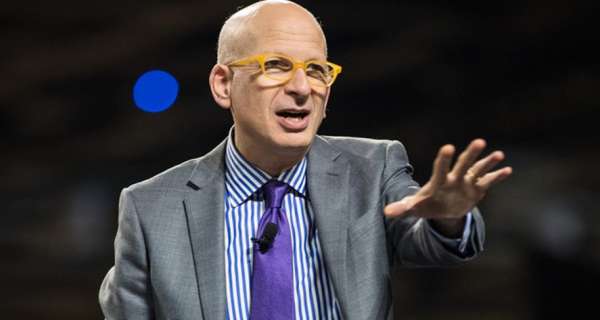This Trend shows Hiring Problems from pandemic and tight job market after. But it also reveals other changes. These include more remote work and the rise of the gig economy.
The US is moving strongly towards remote work.

New companies have fewer and fewer staff
Small businesses are often seen as job creators. But new US companies aren't making as many jobs as before.
The average number of workers hired by the newest businesses dropped a lot during the pandemic. This shows that the long-term trend of businesses hiring fewer people in the US is speeding up.
Many new business owners are now work alone or with a few helpers. They use technology and outside services instead of hiring full-time workers. This helps them save money and be more flexible.
Some experts worry this could mean fewer job opportunities, especially for young people and those without special skills. But others say it could lead to more innovation and a new types of work.
According to U.S. Department of Commerce's data, businesses started between March 2020 and March 2021 hired an average of 4.6 workers. This is lower than the 5.3 workers hired by businesses started a yeat earlier. At the start of the 21st century, new businesses hired about 5.8 workers on average.
There are many reasons why new businesses are often small. The pandemic made hiring slower, and some businesses chose to stay small for a better work-life balance.
However, the lower number of workers in new businesses also shows bigger changes. These include more remote work, growth of the gig economy, and new software tools that help business owners run their companies with fewer workers.
Daniel Quinones in Miami Beach, Florida is an example. After losing his job at a big food company in late 2019, he started Front Page Retail in June 2020. His company helps food and drink markers get their products into stores.
New businesses are hiring fewer workers for several reasons. The pandemic made it harder to hire people. Some owners want to keep their business small to have a better life balance. Also, new tools and ways of working mean businesses can run with fewer full-time workers.
The rise of remote work, the gig economy, and new software are changing how businesses work. These changes let owners run their companies with smaller teams.
This trend might mean fewer job opportunities, especially for young people and those without special skills. But it could also lead to new types of work and more innovation in business.
Quinones hired his first full-time worker in late 2021. By April 2024, he hired a second worker and plans to add two more this month. Also, Front Page Retail works with over 30 freelancers.
Data analysis by the Wall Street Journal shows that very small startups like Front Page Retail are appearing in most business areas and places in the US, both in rural and urban areas.
According to John Haltiwanger, an economist at the University of Maryland, the number of new startups is growing much faster than the jobs these businesses create.
Using freelance workers
In early 2020, Slater McLean and Jack Paley started an online retail company called Oliver Charles in San Francisco to sell sweaters. They are the only workers in the company and don't plan to hire anyone soon.
At first, these two businessmen thought about hiring a new worker to help, but then changed their minds. The reason is that through Twitter (now X), and their business network, they saw they could easily build a workforce of short-term freelancers from around the world.
Freelancers in the US got paid to write blog posts about Oliver Charles. A worker in the Philippines was hired for other tasks. A factory in New York will make sweaters for Oliver Charles when orders come in.
Kenan Fikri, research director at Economic Innovation Group, a think tank, says the nature of business is changing.
Nettie, a company selling pickleball gear (a sport mixing table tennis, tennis, and volleyball) started in 2021, only has two full-time workers. Founder Catherine Baxter decided not to add staff when one person left and a trial hire didn't work out. Now, Baxter works with about 10 full-time and part-time freelancers.
"This lets me change staff numbers by season. I want to keep the team small to be flexible," she said.
According to Robert Fairlie, an economist at the University of California in Los Angeles, having fewer workers can help young businesses adapt more easily to ups and downs in the economy.
The US Small Business Administration says small businesses created over 60% of new jobs from 1995 to 2023. As of July, new business registrations in the US were down from pandemic highs but still strong. It's too early to know how many new startups will last, which will fail, and which will become big employers.




















0 Комментарии